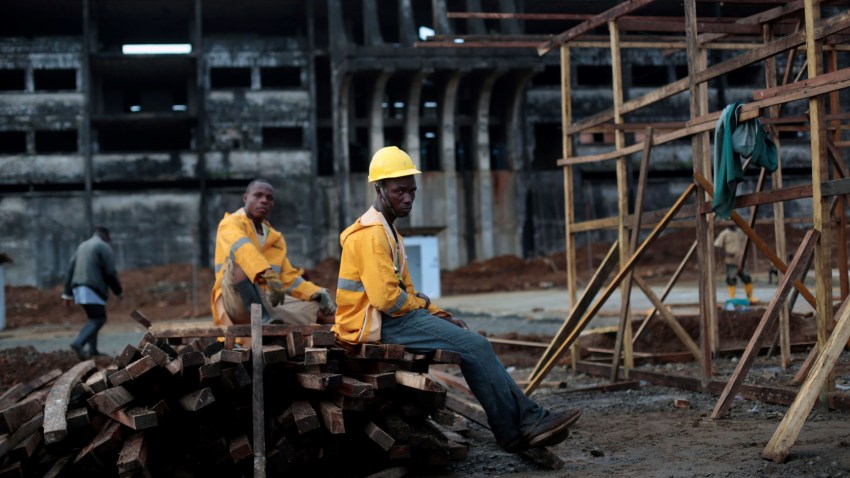Many countries across Africa are experiencing an economic malaise. What began as a slump for commodity exporters in 2014 became a more general slowdown with the shocks of the COVID-19 pandemic and the war in Ukraine. Zambia, Ghana and Ethiopia have all defaulted since the start of the pandemic; other countries are imposing harsh austerity measures to avoid the same fate. Around 462 million people in sub-Saharan Africa live in extreme poverty, defined as less than $2.15 of spending power a day, and the number is rising. The World Bank reckons that average incomes in the region are lower than they were 10 years ago, marking another “lost decade” for the continent.
The original “lost decade” in the 1980s was a time of social trauma and economic rupture. By comparison, Africa’s present troubles are modest. But the reference to the 1980s is pertinent. The structural adjustment reforms that governments adopted in that period, often under duress, have set the tone for economic policy ever since. The lacunae in that model—in particular, its neglect of the state and its dismissal of industrial policy—are part of the reason why Africa remains so vulnerable to external shocks. Today, like then, a moment of crisis could be an opportunity to set a different economic course.
The Boom Years
Finance ministers and policymakers were in a bullish mood when they gathered in Mozambique for the International Monetary Fund’s “Africa Rising” conference in 2014. The size of sub-Saharan Africa’s economy had doubled since the turn of the millennium. Most of the region’s debt had been canceled, and inflation had been tamed. For some free-market proselytizers, that was a belated vindication of the painful reforms of the 1980s and 1990s, when governments across Africa had cut tariffs, sold off state enterprises, limited public spending and let markets loose. “This is an exciting time for Africa,” said Christine Lagarde, the IMF’s managing director at the time. “In many ways, Mozambique epitomises this positive spirit.”

